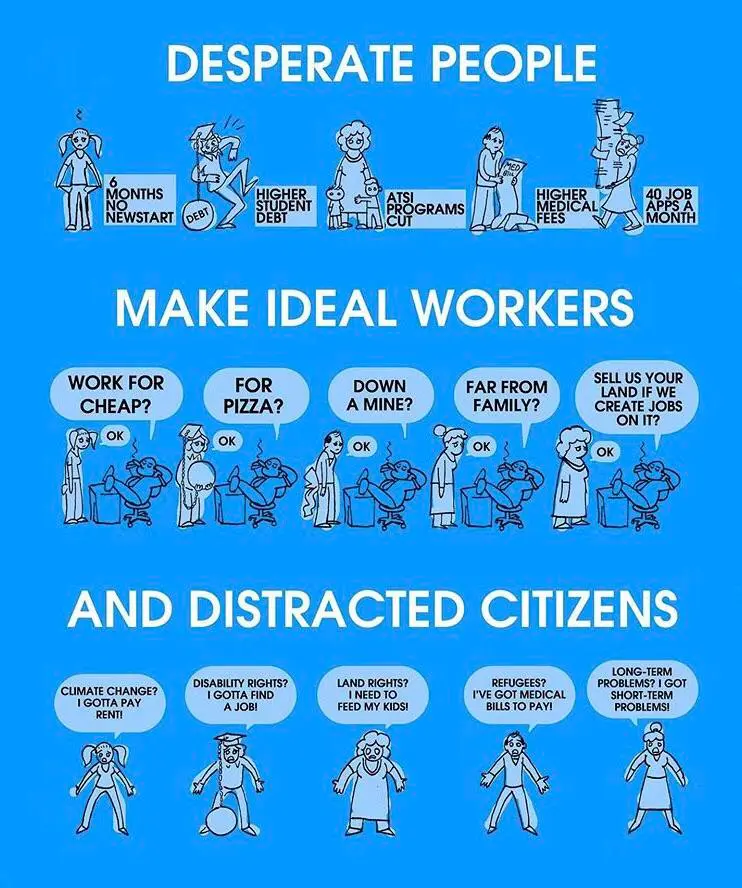- cross-posted to:
- nottheonion@lemmy.world
- cross-posted to:
- nottheonion@lemmy.world
“It was tough being on the road,” said one driver who delivered in California the day it experienced flooding and record rainfall.
Amazon delivery drivers were made to come into work and continue delivering packages even as California’s first-ever tropical storm wreaked havoc, according to numerous posts on Reddit and one driver who spoke with Motherboard.
The driver, who requested to remain anonymous to prevent corporate backlash for speaking out about working conditions, said that drivers out of Amazon’s Palmdale delivery station, DAX8, were “forced to drive nonstop” on August 20, the day Tropical Storm Hilary hit the hardest.
Despite weakening from a Category 4 hurricane to a tropical storm before making landfall in the U.S., Hilary still did significant damage to California’s infrastructure, causing flooding, mudslides, and power outages. Palmdale specifically experienced flooding and record rainfall on Sunday, August 20.
California is not built for tropical storms, as it rarely gets such heavy rainfall. Video footage showed roads flooded and crumbling, trees uprooted from the heavy moisture in the soil, and mudslides rolling through forests. The California state government urged residents to avoid non-essential travel and said that even one foot of floodwater could sweep a vehicle away.
“It was tough being on the road,” the driver said. “I kept in contact every so often with my family because they were genuinely praying for us. Most of us are kids. It never rains in Southern California, it is extremely rare. That said, most of us did not know how to drive well in the rain, let alone a hurricane. And for many of us, we have off-road mountain routes. It was stressful.”
The driver shared a text from their delivery service partner (DSP) manager with Motherboard, dated August 19, which said they will “allow uniform exceptions tomorrow if you want to wear the outer vest over a rain jacket.”
California drivers flocked to the Amazon delivery service partner, or DSP, subreddit to ask if other people were working that day, and what kind of routes they had received. Motherboard reached out to many of these drivers but was unable to verify the posts.
“CA drivers, are you working with Hilary?” one user asked. “DSP said Amazon didn’t tell them any regulations or changes for the storm, but they told us they’re making us do what we don’t feel ‘safe’ to do.”
One person wrote that they were delivering “right by an evacuation zone." They commented subsequently that the weather conditions were better than they expected, but that Amazon sending drivers out was “pretty messed up.”
“Amazon continued to preach the whole, ‘We care about your safety,’” said the driver who spoke with Motherboard, when asked how Amazon had told drivers to protect themselves. “They also encouraged us to go slow and to obey all traffic signs. Some of us were in San Bernardino, and had routes that were closed, but [Amazon] encouraged us to try our best to deliver anyway, and at minimum, we had to ‘call-text-call’ the customer. In other words, we had to be within a certain area that would be appropriate for our DSP to receive credit for the attempt, risking both ourselves and the Amazon Customer’s safety.”
An Amazon spokesperson told Motherboard that it stays in close contact with DSPs about potentially unsafe weather, and that workers deliver “only as long as it’s safe to deliver.” That being said, even if a state of emergency is declared, workers may continue to deliver as Amazon adjusts operations in response to inclement weather such as by changing or canceling routes, closing sites, or advising drivers to take shelter.
“The safety and wellbeing of our employees, contractors, and partners is always our top priority," the spokesperson said in a statement. "When it comes to severe weather events, we have comprehensive policies and procedures to monitor and react to weather events across the world. Depending on the situation, we’re able to adjust route lengths, cancel routes entirely or even close delivery stations and recommend that Delivery Service Partners call their drivers off the road.”
Drivers in the Southeastern U.S. also faced a hurricane over this past week. Hurricane Idalia made landfall in Florida early Wednesday morning, bringing tornadoes, storm surges, and “life-threatening” winds of over 120 miles per hour. Georgia and South Carolina also experienced its effects.
Delivery drivers for various platforms appear to have been on the job in South Carolina during Idalia. Instacart told workers in South Carolina via its app that “Bad Weather = Good Tips.” Amazon delivery drivers also reported being made to work during Idalia, although Motherboard could not verify these posts.
“Amazon doesn’t care about us,” one user wrote on Wednesday evening. “Hurricane is coming towards South Carolina today. They are saying we may have to work tomorrow still. Safety is priority my a$$.” They wrote in a comment that Amazon “had drivers out there today in the pre-storm while there was multiple tornadoes around.”
“It feels horrible to drive during a hurricane,” the California driver who spoke to Motherboard said. “ Our families were really concerned. Amazon does not know how to help their communities, though they claim to help them.”



There are a huge number of details I am unaware of. I had thought a large number of the drivers were independent contractors, so could decide for themselves.
Of course, if it is a “eat or risk my life” situation, perhaps the fuck up is much larger than one company and we need some new federal laws.
“Independent contractors” that only contract for one company sounds like a company that is trying to dodge employment protection laws.
Unless something’s changed recently, gig workers are not, in practice, independent contractors. At best you get to pick your schedule, but even that can come with penalties to your algorithmically assigned jobs. It’s full on employment minus all the benefits.